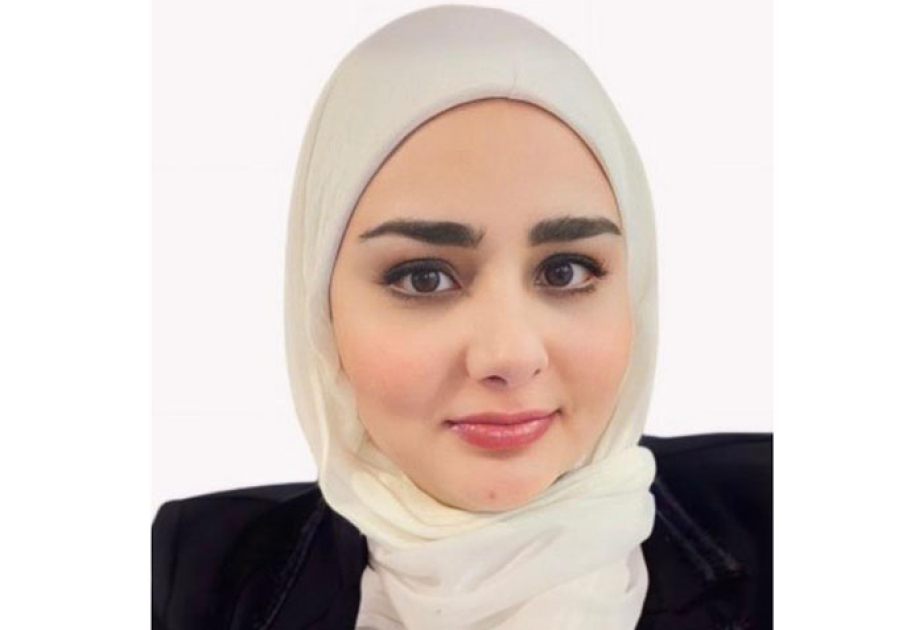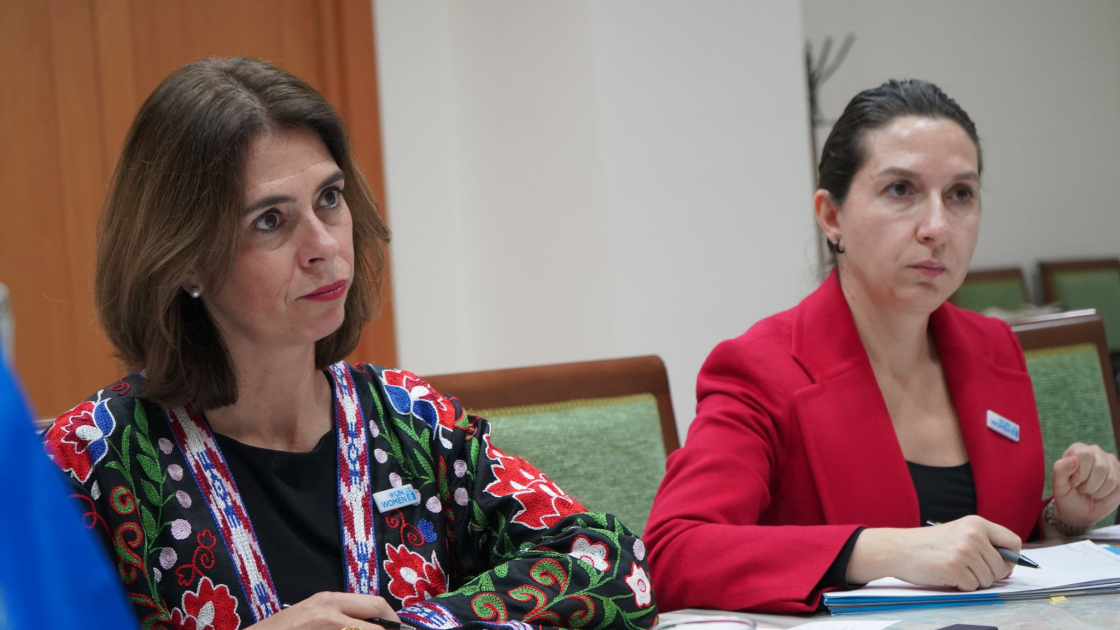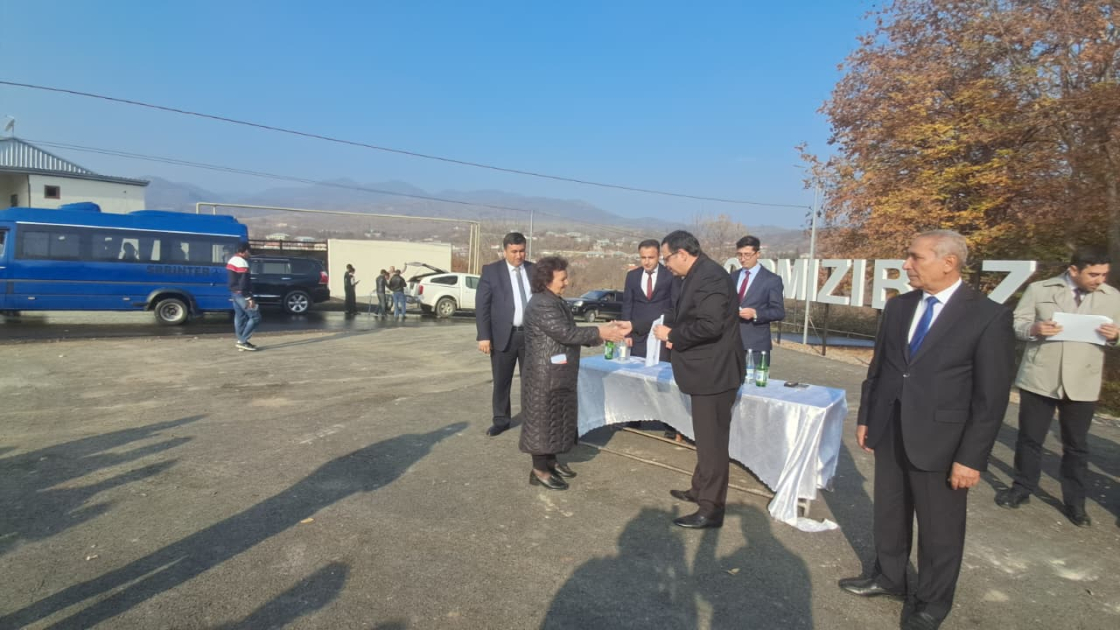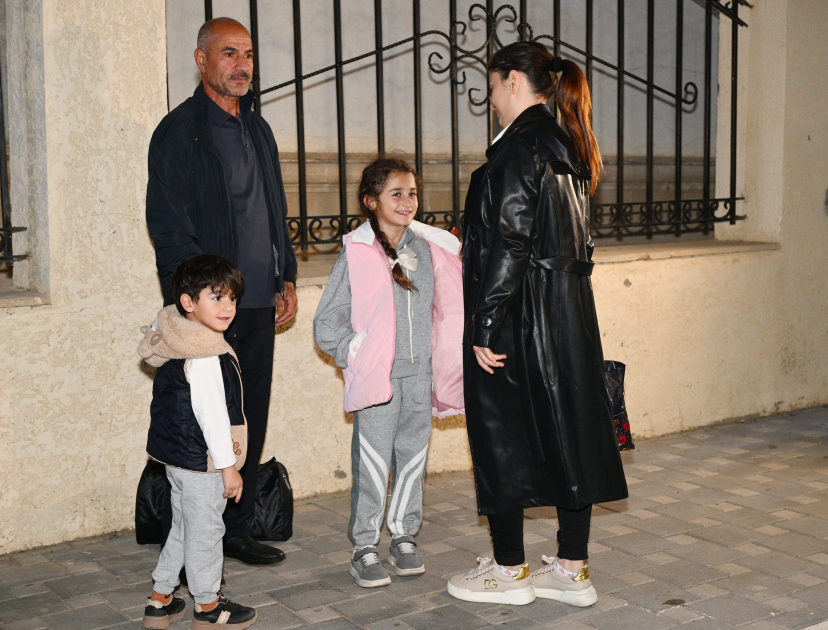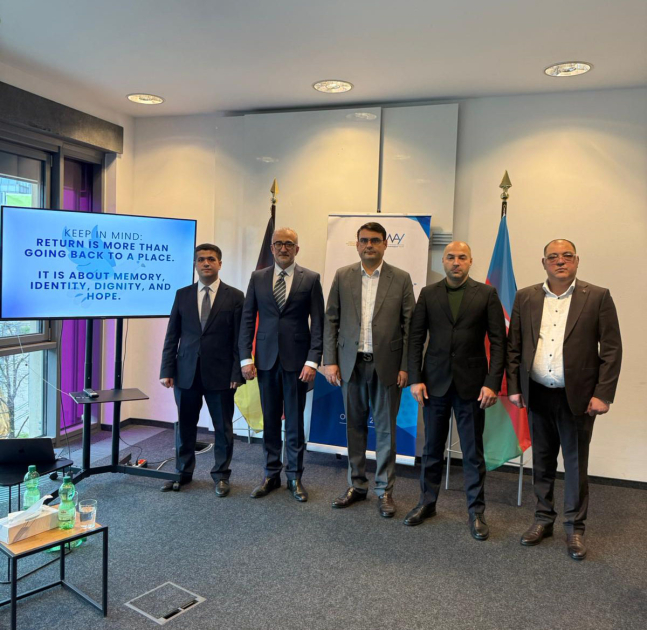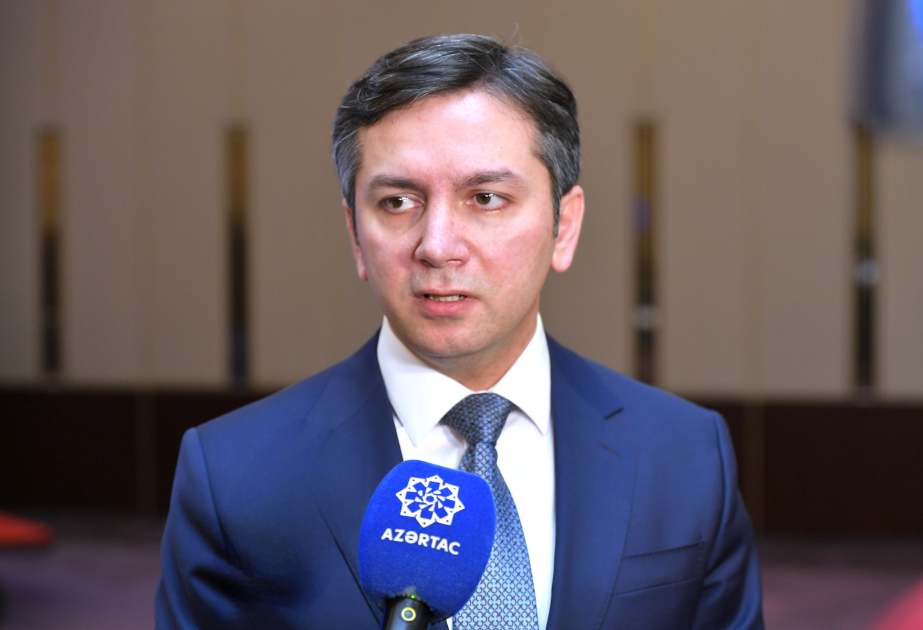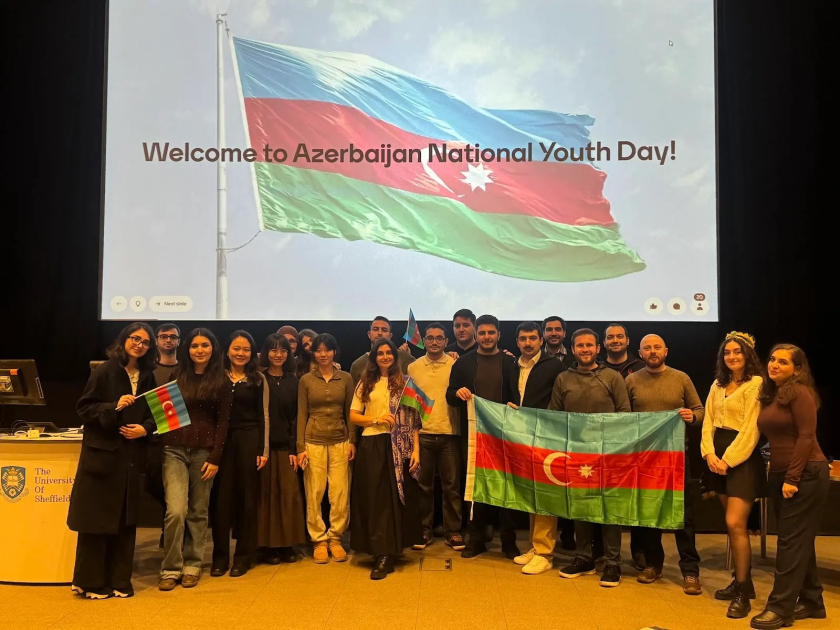Ameera Al Amayrah, a Jordanian renewable energy expert, shared her insights with the Azerbaijan State News Agency (AZERTAC) regarding Azerbaijan’s hosting of the 29th session of the Conference of the Parties (COP29) to the United Nations Framework Convention on Climate Change this November.
AZERTAC presents the interview:
- What will COP29 mean for the world? How do COP conferences contribute to global efforts to combat climate change, and what specific results are achieved from such conferences?
- COP29 will symbolize a pivotal moment in our ongoing pursuit of a sustainable future. These conferences are critical in bringing nations together to commit to climate targets, address shared challenges, and establish pathways to limit global warming to safe levels. Each COP serves as both a negotiation stage and an accountability arena. At COP29, there will likely be a strong focus on practical implementation—turning pledges into concrete actions. These conferences often result in agreements that set binding targets or initiate funding mechanisms, like the Loss and Damage Fund launched at COP27 to support the world’s most vulnerable regions.
COP conferences play a vital role in global climate efforts. They create a platform for countries to share best practices, foster collaboration, and build consensus on critical issues. These conferences also provide a forum for nations to hold each other accountable for their commitments and progress. Specific results achieved from COP conferences include the Paris Agreement, which set ambitious climate goals, and the establishment of various financial mechanisms to support climate adaptation and mitigation efforts. COP29 will be another significant step in strengthening global climate action and driving meaningful change.
- In your opinion, what are the main goals of the COP29 UN climate conference that will be held in Azerbaijan, and what priorities will be highlighted to achieve these goals? What are your expectations from this conference?
- Hosting COP29 in Azerbaijan is a unique opportunity to spotlight the energy transition challenges, especially in fossil-fuel-reliant regions. The main goals will likely focus on advancing global commitments to decarbonization, boosting climate finance for adaptation, and ensuring a fair and just transition for all nations involved.
I expect the conference to prioritize actionable steps—setting clear roadmaps for countries to implement their climate pledges locally. With Azerbaijan as the host, I'm optimistic that COP29 will also provide a stage for the region to showcase its progress and commitment to a sustainable energy future.
- Is the green transformation possible at the global level? What are the prospects for this transformation, and what challenges will countries face?
- Yes, a global green transformation is absolutely possible, but it will require unprecedented levels of global collaboration, investment, and technological innovation. The key challenges include building renewable energy infrastructure, scaling up energy storage solutions, and addressing the socio-economic impacts of moving away from fossil fuels.
Developing countries, in particular, face financial and technical barriers that need global support. However, the rapid advancements in renewable technology and the increasing climate commitments from both the public and private sectors give me hope that this transformation will continue to gain momentum.
- As you know, developing countries are still concerned about the lack of funds promised by developed countries to combat climate change. In your opinion, will COP29 be able to determine a new level of this assistance?
- I believe COP29 can play a pivotal role in closing the gap in climate financing for developing countries. Building on the progress of previous COPs, particularly in adaptation and loss and damage funding, I expect that innovative financing mechanisms like blended finance will be explored to address the shortfall.
There may also be new accountability frameworks to ensure commitments are met. My hope is that COP29 will yield specific, measurable pledges for funding, particularly prioritizing the most vulnerable regions.
- What do you think are the possibilities for transforming the liberated territories of Azerbaijan into a "green" energy zone?
- The liberated territories in Azerbaijan have immense potential to become a shining example of sustainable energy development. With strategic investments and planning, these areas could become self-sufficient, utilizing renewable energy sources like solar and wind.
This transformation isn't just possible—it's powerful! It would show how regions that once relied on fossil fuels can build a sustainable energy base, boosting economic resilience and contributing to Azerbaijan's climate goals.
- In addition to exporting oil and natural gas, Azerbaijan also plans to become a country that exports electricity generated from renewable energy sources. How do you evaluate our country's capabilities in this direction?
- Azerbaijan is poised to become a leader in renewable energy exports. With abundant solar and wind resources, existing infrastructure, and a strategic location, the country can diversify its energy exports beyond oil and gas.
By expanding current renewable energy projects, Azerbaijan can emerge as a major player in green energy exports, strengthening its energy security and promoting regional sustainability. To achieve this, ongoing investments in grid modernization, energy storage, and international partnerships will be crucial.


